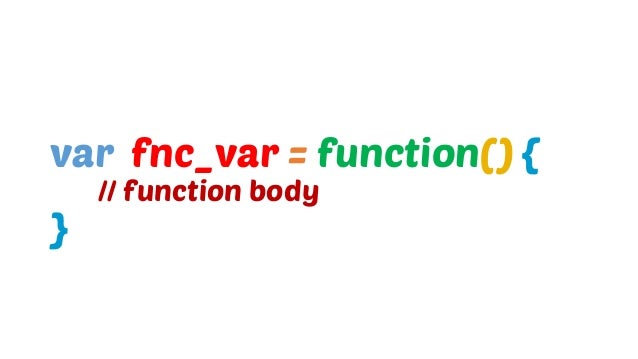

Best performance compared to other approaches.in the rare cases for loops is the way to go Ĭonst numbers = let item for ( let i = 0 i I thought it was worth to mention this one because: This approach is not very popular due to JavaScript nowadays have a lot of native methods to manipulate arrays, like the ones listed above. This is the very basic JavaScript construction that can loop over the array and depending on a condition can populate a variable with a value. The for statement creates a loop that consists of three optional expressions, enclosed in parentheses and separated by semicolons, followed by a statement (usually a block statement) to be executed in the loop. Inability to find an item if it is an object.Ĭheck out MDN full docs on indexOf() method.īrowser support for indexOf(): () method browser support for loop.Relatively high performance compared to other approaches.indexOf ( ' five ' ) const itemIndexPos = numbers. The downside of this method is it will work only on a single level array containing number or/and string value types.Ĭonst numbers = const itemIndex = numbers. start position: a numeric value specifying the index to start the search at.searched item: usually a number or a string.

Unlike find() and findIndex() methods, indexOf() can take to parameters: The indexOf() method returns the first index at which a given element can be found in the array, or -1 if it is not present. Slow performance compared to other approaches.Ĭheck out MDN full docs on findIndex() method.īrowser support for findIndex(): () method browser support indexOf() method.Ability to find an item if it is an object.Callback function allows to handle complex logic.Straightforward and easy to understand syntax.findIndex ( number => number = ' five ' ) console. Const numbers = const itemIndex = numbers.


 0 kommentar(er)
0 kommentar(er)
